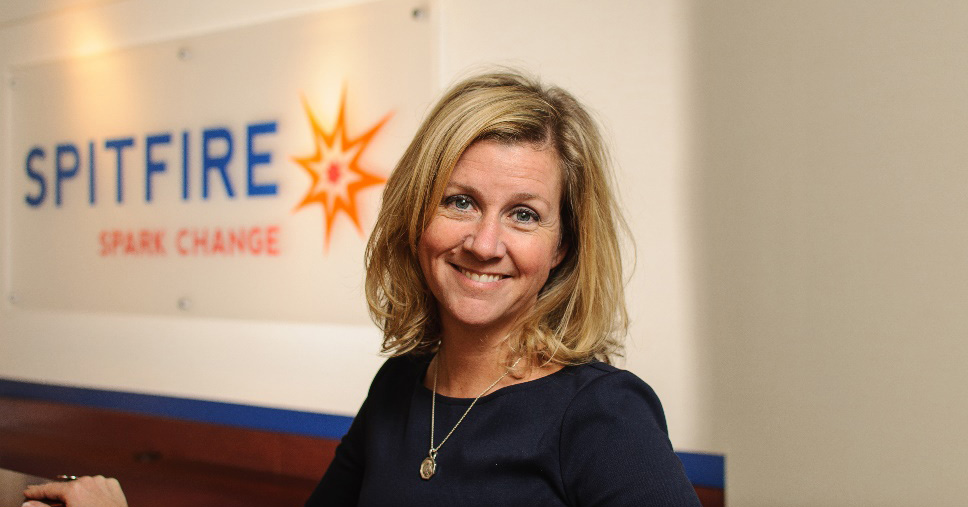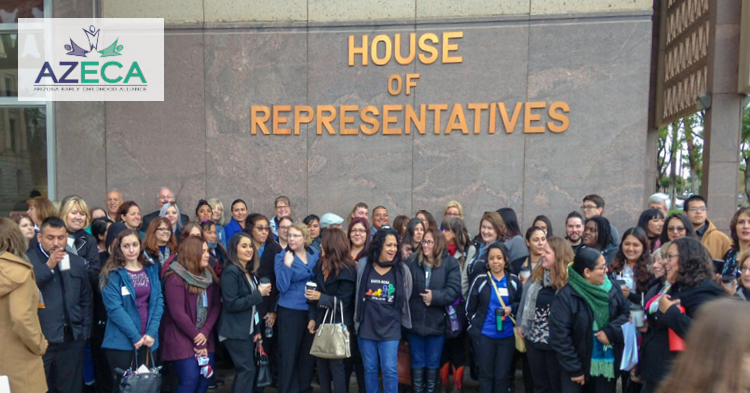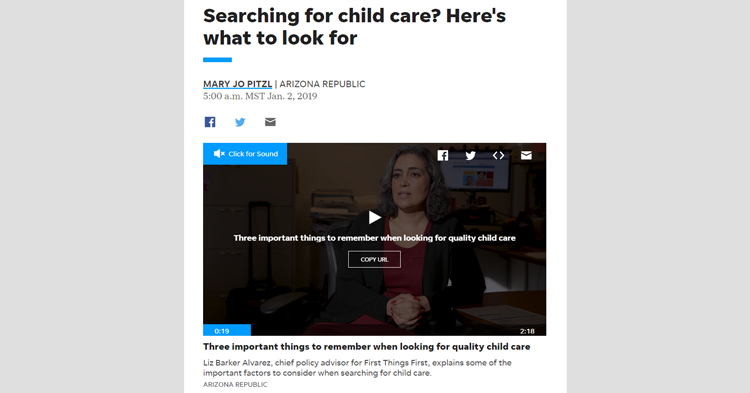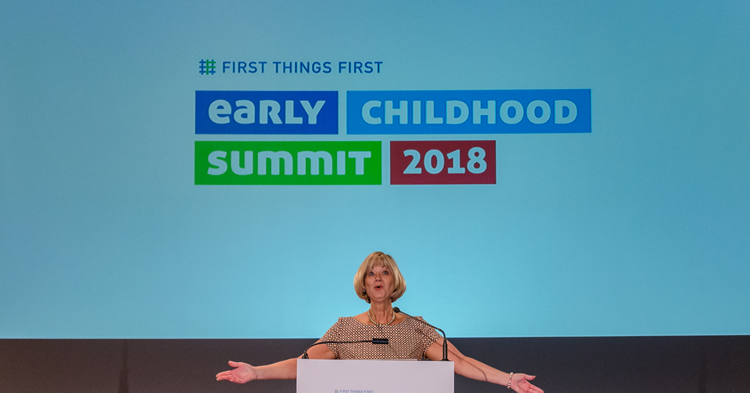
Walter Gilliam is a featured speaker at the 2019 First Things First Early Childhood Summit in August. Gilliam is a professor of child psychiatry and psychology at the Yale University Child Study Center, as well as the director of the Edward Zigler Center in Child Development and Social Policy. Gilliam is co-recipient of the prestigious 2008 Grawemeyer Award in Education for the co-authored book, A Vision for Universal Preschool Education.
He actively provides consultation to state and federal decision-makers in the U.S. and other countries and is frequently called to provide U.S. Congressional testimony and briefings on issues related to early care and education. He is a member of the board of directors for ZERO TO THREE, Child Care Aware of America and the Irving Harris Foundation.
Gilliam recently sat down with First Things First to share his thoughts on early childhood expulsion, bias and how we can do better for our children.
QUESTION: How do expulsion and suspension impact children?
ANSWER: The long-term implications of expulsion and suspension for early elementary school students show that if a student experiences expulsion or suspension, they are at a greater risk of being expelled or suspended again. They are 10 times more likely to drop out of high school. They are more likely to fall behind in school work, be ostracized by peers and teachers and have chronic absenteeism.
If using expulsion or suspension is supposed to be an intervention to change a child’s behavior, it has proven to create more bad outcomes than positive, putting the child at risk.
Q: From your work with preschool children, what are the implications of expulsion for young children and their families?
A: For preschool age children, while there isn’t research, there are a host of things to consider for expelled children and their families.
For a child who is having behavioral issues in the classroom, there could be concerns that this child’s development might be awry or it could be because of what that child is experiencing in a child care program. Instead of being referred for an assessment, the center uses expulsion to anesthetize itself, never identifying the problem for the child or center. A child who might need help gets expelled and hidden from the system. The child’s problem festers over time, and the support gets weaker and the cost to help the child increases.
There is also the burden for families. Parents need child care to work, and if their child is expelled, parents may have to quit their job or take unpaid time off, creating a financial burden. They also might have to put their child in the care of someone who isn’t qualified, which may not be the safest place for their child. This all creates more stress for families.
Q: What can be done to reduce expulsions in early childhood education?
A: Research shows that early education expulsion rates are tied to teacher-student ratios and stress levels and depression in early educators. We should be investing more in early education. Research shows that for every one dollar spent in early education there is a $7 return for the community. We should value the people who are teaching our children.
We should be providing financial and professional support to educators. We pay half of what they should be making in their profession. They could get paid better if they were watching cars in a parking lot. This small salary is really a statement of how little value our own children.
If we aren’t going to pay them more, then the least we could do is to give our early childhood professionals the supports they need to best serve our children and families. Often this means access to consultants, who can come into the classrooms and give them support on how to deal with more challenging behaviors.
Q: Have you seen positive outcomes from early childhood educators using consultants?
A: There are studies that show when teachers had access to a mental health consultant, who works with the teacher in the moment to help a teacher with a specific child, in about three months, the behavior is under control and it also gives the teacher skills that benefit other children in the classroom and cut expulsion rates in half.
In Connecticut, we evaluated a program that offered teachers a mental health consultant to serve infants and toddlers who were at risk. The intervention happened over three months, eight to 10 hours per week, with time for home visits and set meetings with teachers and parents together.
The intervention was highly effective. Compared to outpatient psychotherapy or special education classes, the consultant was the most cost-effective way to help the child. It also helped the teacher to deal with other challenging behaviors. We also measured the social skills of the other kids in the classroom, and their social skills went up, too.
Q: What advice do you have for parents whose child is in the process of getting expelled?
A: In my 15 years of studying cases of children who are getting expelled, I’ve heard a lot of stories. The story I never hear is a child getting expelled when a teacher and parent have a strong relationship. It’s amazing what a teacher can do to work with that parent to help the kids, where there’s a strong relationship in place between parents and providers. Children will look to parents’ reactions to other people and places as a cue for how they should react, so if you, as a parent, are genuinely happy to see your child’s teacher and like the center, you are setting your child to have a better reaction and attitude.
Also, before enrolling your child, get to know the program and hang out there for an hour or more and ask plenty of questions. When your child care provider sees you making an effort, it’ll start a strong relationship.
The cost of child care is high and the impact it will have on your child’s life and development is substantial. We would never buy a house without walking through it first, but unfortunately, many of us buy early care with no walkthrough or test drive at all.
If a program is talking about expelling your child, find out what kind of supports can be mobilized, like a mental health consultant or can an evaluation be done? Get a third person to observe the issues. The immediate response that there must be something wrong with your child is not always the case. There could be issues or concerns with the classroom dynamics, the fit between your child and this setting, or sometimes relatively small fixable things that can go a long way in helping your child be more comfortable and confident in this program.










